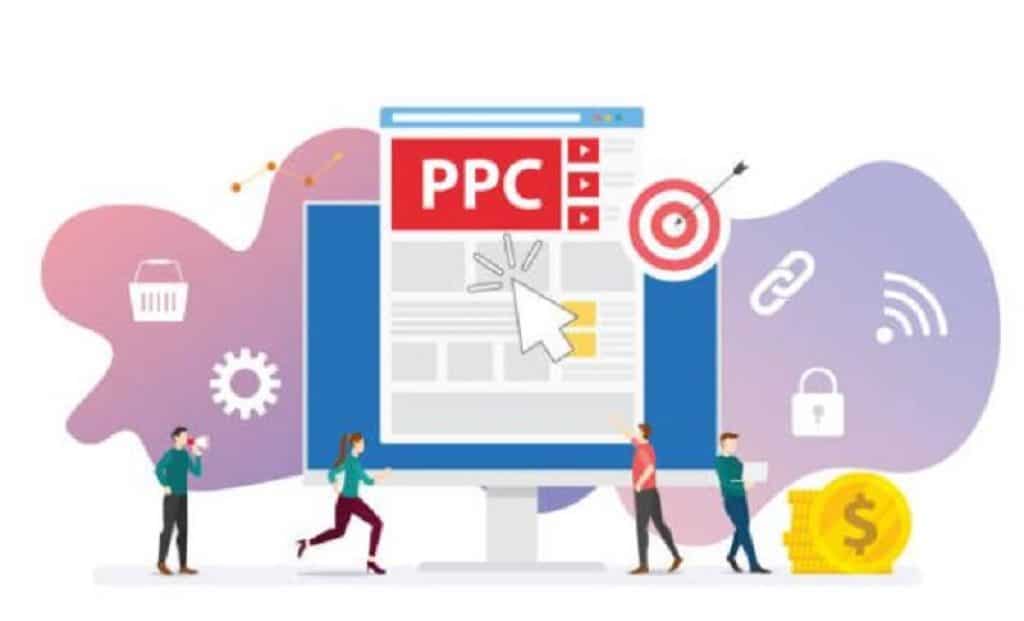
Ever heard of the famous SEO phrase “Content is the king”? It’s a myth.
Yes, content plays a vital role in SEO, but links, designs, and usability are equally important.
People often feel happy when they put in a little effort, and their website starts to rank higher. But, one should always know that easy-win is very rare in SEO. Playing fair and understanding the correct techniques are necessary for the long run.
Don't forget the advantages of VPN for PC and other mobile devices. For example, if you target customers outside your country, it can be harder for you to check the local searches for keywords you're looking to use.
So, if you are in the USA and want to target the Canadian market, you won't see local search results from Canada. A VPN can help you study the Canadian market, optimize your keywords and create an effective content strategy. It can also keep your SEO strategies secret and help you stay safe while working remotely.
Various other tools like analytics, webmaster, sitemap generator, optimization tools, etc., have made things simpler; you will have to keep adjusting your strategies. To help you, we made a list of seven most common myths around SEO that you should be careful of:
1. SEO Is a One-Time Event

Unfortunately, SEO is not a one-time event but an ongoing process. The competition on Google and its algorithms keeps on changing. Your website will need regular updates to maintain rank. It will also have to go through different iterations until they start showing an impact.
It is a reason that reputed firms have monthly SEO retainer plans instead of hourly or one-time flat rates.
2. SEO Is Freshness

Yes, Google loves the freshness of content. But, not every time!
Freshness is dependent on the intent of the user. It might be vital for websites sharing news or reviews of movies, gadgets, etc., but it is unimportant for most websites.
If you want to keep the content on your website fresh, you can update your existing content with new information. Make sure that you don’t add anything that makes it look like a forced update.
3. SEO Is Dead
You might have heard from the digital marketing community that SEO is dead (or is dying). It’s not true – in fact, it is far from being dead. So what is the fuss about?
SEO itself is not dying, but the old and outdated techniques are. Anyone who continues to use these obsolete methods might fail to bring a positive result and can harm them. It would help if you upgraded your SEO according to the latest update to continue having good results.
4. SEO Is All About Rankings

Many people believe SEO is all about ranking on the top search of Google and other search engines. But, ranking higher doesn’t mean that you will get more traffic.
A study by Ahref of 100K keywords shows that the top-ranking page only gets the most search traffic 49% of the time. It is because most of the pages gain traffic from many keywords and not just one. Therefore, the SEO of the entire website is responsible for building authority and brand awareness.
5. Duplicate Content Will Get You Penalized
Although duplicate content can harm your organic rankings, Google will never penalize your website for this. If there is exact or near-duplicate content, Google will divide the authority between the two links and dilute your ranking.
Duplicate content can also result in a drop in backlinks. Other issues like wasted crawl budget, unfriendly URLs in search results, and scraped or syndicated content outranking you are also associated with duplicate content.
6. PPC Has No SEO Benefits

Although PPC or Pay Per Click doesn’t influence rankings, a correct implementation will bring a difference in SEO results. PPC helps in attracting backlinks, which improves the rank.
Also, Google AdWords used for PPC is a valuable research tool that provides you with valuable data for optimizing your website for SEO. You can use this tool for user intent analysis, buyer journey analysis, keyword research, etc. It will help you upgrade your strategy for better results.
7. Social Signals Impact Rankings
While social media channels help you with creating brand awareness and increasing engagement, it does not influence the ranking. The ease of manipulating “likes” and “shares” on social media is one of the reasons that it is not taken seriously.
Your brand will get better visibility and exposure via social media, ultimately leading to increased traffic.
Conclusion
Google will keep updating its algorithm from time to time. They aim to serve the users with the most relevant information. As their algorithm changes, the myths around SEO will also evolve.
The necessary thing is to focus on creating only high-quality content and never exploit the system. As Google will update the algorithm, it will close any existing loophole and penalize such websites. So, focus on following the best practices and always keep your user’s interest in mind.





